For Writers: On Ridiculousness
1) “Write What You Know” is a ridiculous rule. Don’t follow it.

A writer and a bridge have a lot in common. A bridge connects two pieces of land. You must connect with your reader.
I have written about the following things that I knew little or nothing about and had to research the hell out of ’em: Schizophrenia, bi-polar, inserting peanut oil into a condom, abusive childhoods, sexual abuse, blow up dolls, bar fights, lousy mothers, abandonment, being a psychic, stalking, anger management class, running naked along a river, hiding a dead body, germaphobia, drug addiction, being obese, murder, being a legal secretary, building wood chairs and painting them, Down Syndrome, being a stripper, planting a garden, running a bakery, carving a seven foot tall wood penis, being an edgy life coach, atonement, medicinal herbs, greenhouses, running a lingerie company, and organizing a fashion show.
When I started writing I knew only a little about a few boring subjects. If I had followed the Write What You Know rule, I never would have published. Psshht. Write what you know if you damn well feel like it. If you don’t, go do your research.
2) Write what you freakin’ want to write about. Write about that one subject or person(s) that you are passionate about. Does the topic/person light your imagination on fire? Can you feel the flames and smell the smoke? Then that’s what you run with. Address what issues you wish to address. Create people you love to write about who are deep and troubled and interesting. Make them clash with other people/things and themselves. Give them problems, challenges,throw in a compelling setting, and take off like a Maserati.
3) Identify your theme(s) and build your story around it. A theme holds your story together, much like my mugs hold in my copious amounts of Haagen Dazs dulce du leche ice cream. Theme=ice cream.
4) Don’t get all fancy schmancy with your words and sentences. What are you, Ms. Brilliant? You’ll lose the reader and they’ll never buy your books again.

Write with color. The color in your novel might be black. They could be red and yellow, with a mixture of gray. We have to see, as readers, your work in color. Your work must come alive.
5) Please let your characters loose. Listen to them. Follow them around. Let them breathe and commit crimes and laugh at odd things and chase bad men and be wishful, temperamental, and irritating. They are people. Let them be full people.
6) Get rid of the negative creatures orbiting your personal universe. If you want to be a writer and someone around you says you’ll never make it, don’t hang out with that person again.
7) Write with emotion, unless you are writing about amoebas or worms. If you do not write with emotion, people will not feel any emotion reading your work, and that is where you lose. Dig waaay deep into your own swirling and churning emotions. Now take one of ’em out and give it to your character and let her deal with it. That’s called being authentic.
8) Outline, I suppose, if you must. I don’t. I journal, I scribble, I paste pictures from magazines on the pages, I sketch out characters, I make my notes, I play in my brain, but most of my story is in my head and the story changes as I write. Be careful that your outline doesn’t create a rigid, too organized, non – flowing, too predictable story.
9) Embrace subplots as if they are chocolate chip cookies. They help move the story along, provide entertainment, open up your character’s personality and motives, give a reprieve from the main story line, and bring in other characters who provide humor or interest.
10) Set goals, please, if you wish to publish. Stick to the goals always, unless your left hand has fallen off, then you can get a break for a couple of weeks until you master the keyboard using only one hand.
Go write. Be brave. Be ridiculous. Be wild. But go write.

Your writing should make people stop, think, and wonder much like a thundering waterfall makes people stop, think, and wonder.


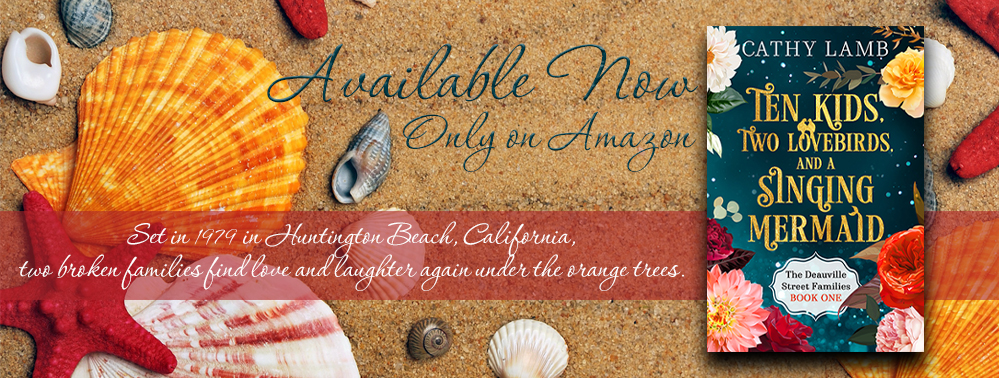







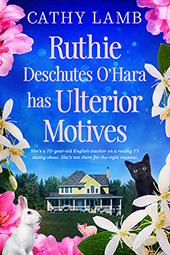
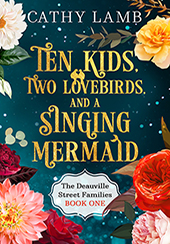
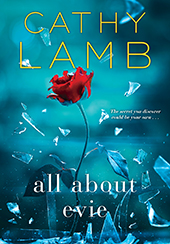
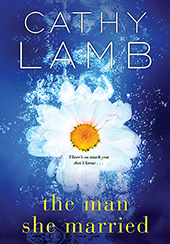

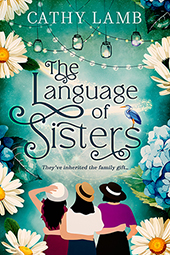
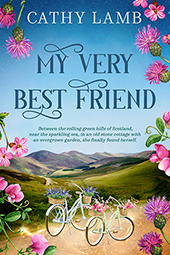
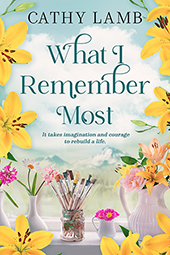
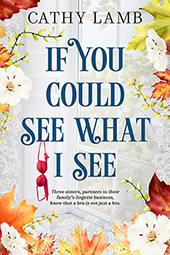
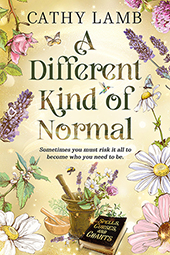
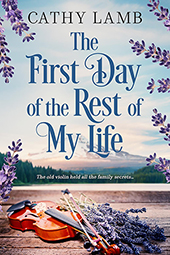
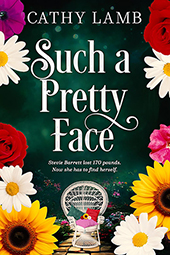

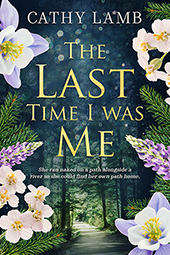
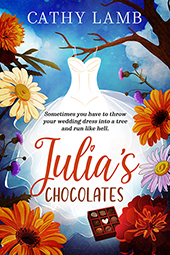

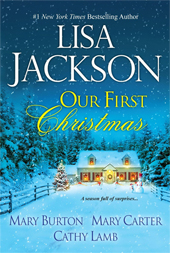
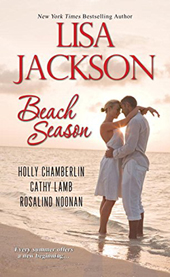




Thank you again Cathy for slowly and steadily convincing me that writing can be a freeing experience instead of forced drudgery and regimented, joyless work.
1Thank you cathy for these great words of wisdom.
I esp enjoyed knowing my lead character can be good and bad at tthe
Same time.
I have been writing a story in my head and
Didnt think i could transform it onto paper,but
With these words i think i might be able to.
Thanks again,
Jenny
2